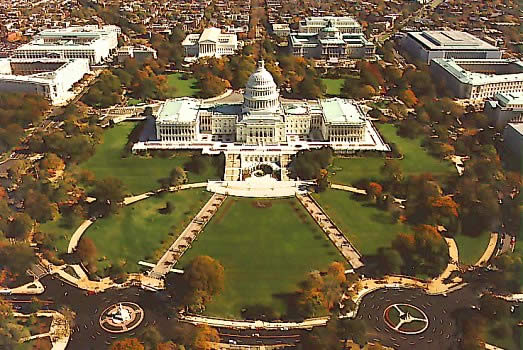Virtually every treaty and agreement contains language clearly binding the parties to definitive terms, such as “the parties agree to the following terms.” However, the Iran deal – formally called the “Joint Comprehensive Plan of Action” (or JCPOA) – is different. Strangely, supposed obligations are merely called “voluntary measures.”
It is frightening and of great concern that even the minimal supposed obligations of the Islamic Republic of Iran in this disastrous, lopsided deal may not be binding on Iran.
Right at the outset, the introduction to the Iran deal’s provisions calls these provisions “voluntary measures.” At the end of the introductory “Preamble and General Provisions,” which is immediately prior to key Section A (entitled “Nuclear”), the JCPOA states:
“Iran and E3/EU-3 will take the following voluntary measures” within the timeframe as detailed in this JCPOA and its Annexes.”
The phrase “voluntary measures” is also repeated elsewhere in the JCPOA.
Under the topic “Nuclear,” Section C (entitled “Transparency and Confidence Building Measures”), ¶15 states:
“Iran will allow the IAEA to monitor the implementation of the voluntary measures for their respective duration . . . .“
Similarly, Preamble and General Provisions ¶ x. states:
“The International Atomic Energy Agency (IAEA) will be requested to monitor and verify the voluntary nuclear-related measures as detailed in this JCPOA.”
The JCPOA also specifically limits the JCPOA’s purpose and legal force. Preamble and General Provisions ¶ xi. states:
“All provisions and measures contained in this JCPOA are only for the purpose of its implementation between E3/EU+3 and Iran and should not be considered as setting precedents for any other state or for fundamental principles of international law and the rights and obligations under the NPT [Non-Proliferation Treaty] and other relevant instruments, as well as for internationally recognized principles and practices.”
In other words, countries other than the P5+1 will have no right to insist that Iran must abide by any provisions of the JCPOA. And the phrase “only for the purpose of implementation” suggests that the P5+1 will be severely limited in what they can insist upon.
The JCPOA also uses the terms Iran’s “intention” and “plan” and “voluntary commitments” in other key paragraphs. “Intentions” and “plans” and “voluntary commitments” do not have the force of binding agreements. For instance:
> The very title of the deal, “Joint Comprehensive Plan of Action” – merely indicates a plan – not a binding agreement. The term JCPOA is used throughout.
> Section I (entitled “Other Aspects of Enrichment”), ¶ 52 states:
“Iran will abide by its voluntary commitments as expressed in its own long term enrichment and enrichment R&D plan to be submitted as part of the initial declaration described in Article 2 of the Additional Protocol.”
> Under the Topic “Nuclear,” Section A (entitled “Enrichment, Enrichment R&D, Stockpiles) ¶ 1 states:
“Iran’s long term plan includes certain agreed limitations on all uranium enrichment and enrichment-related activities, including certain limitations on specific research and development for the first 8 years, to be followed by a gradual evolution, at a reasonable pace, to the next stage of enrichment activities for exclusively peaceful purposes, as described in Annex I. Iran will abide by its voluntary commitments, as expressed in its own long-term enrichment and enrichment R&D plan to be submitted as part of the initial declaration for the Additional Protocol to Iran’s Safeguards Agreement.
> Under the Topic “Nuclear,” Section B (entitled “Arak, Heavy Water, Reprocessing,”) ¶ 11 states:
“Iran intends to ship out all spent fuel for all future and present power and research nuclear reactors, for further treatment or disposition as provided for in relevant contracts to be duly concluded with the recipient party.”
Morton Klein is the National President of the Zionist Organization of America (ZOA). Elizabeth Berney, Esq. is ZOA’s National Director of Special Projects and Long Island-Queens Region Executive Director.
